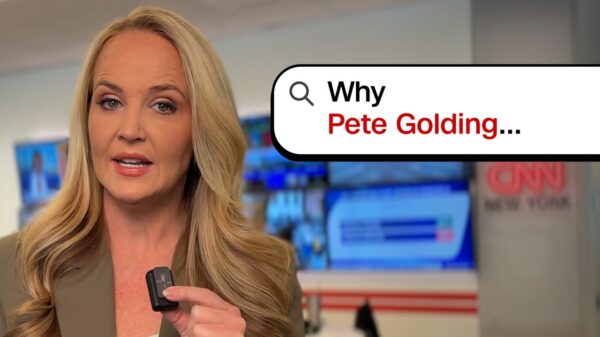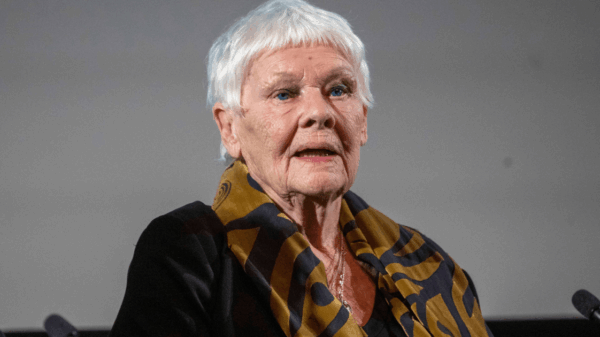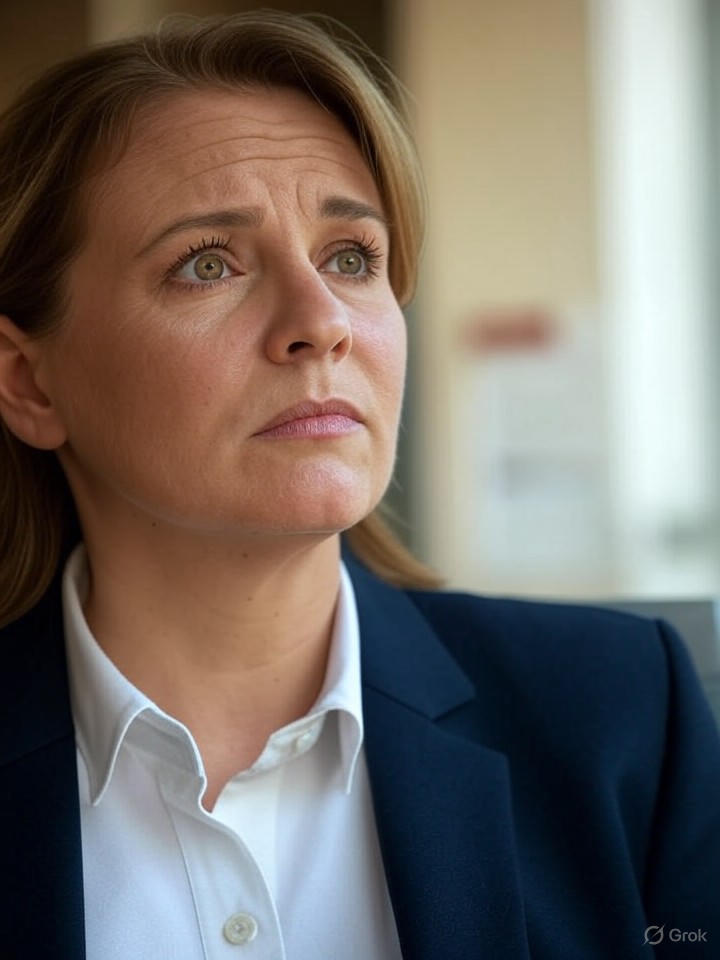BREAKING: The Federal Communications Commission (FCC) has just approved the highly anticipated merger between Skydance Media and Paramount Global, a deal valued in the billions that is sending shockwaves through the media landscape. This development, confirmed earlier today, raises serious concerns about potential governmental influence over editorial content, particularly at CBS News.
UPDATE: The FCC’s approval comes with strict conditions aimed at enforcing “diversity of viewpoints” in programming, a move critics fear could lead to censorship. FCC Chairman Brendan Carr stated that these commitments are crucial for preserving editorial independence. However, dissenting Commissioner Jessica Rosenworcel warns that these measures could give the Trump administration unprecedented control over a key media outlet.
The implications of this merger are profound. Industry insiders are raising alarms about how the FCC’s oversight might stifle journalistic freedom at CBS. Rosenworcel highlighted in her dissent that the FCC’s new powers could effectively “censor speech and silence dissent,” a concern echoed by various media advocates.
The merger’s approval comes on the heels of a contentious history, including a $20 billion lawsuit against Paramount from former President Donald Trump for alleged biased reporting, which was settled for $16 million without an apology. This backdrop adds a layer of complexity to the regulatory scrutiny now surrounding the combined media entities.
Observers are speculating on how this merger will affect CBS’s reporting. Will the network alter its coverage to avoid regulatory backlash? The FCC has mandated that Skydance report annually on its compliance with these new regulations, including efforts to promote ideological diversity—raising fears that this could serve as a conduit for content control.
As the merged entity begins its operations, many are watching closely. Analysts predict a climate of increased caution within newsrooms that could inadvertently lead to self-censorship. Critics argue that this sets a troubling precedent for future media consolidations, where regulatory bodies may demand more stringent oversight of editorial content.
The reaction on social media is palpable, with many users expressing fears that the FCC may now function as a “Federal Censorship Commission.” This sentiment underscores growing anxiety among free speech advocates about the potential for government overreach into media operations.
Moving forward, the true impact of this merger on CBS and the broader media landscape remains uncertain. As lawsuits and regulatory battles are expected to unfold, the balance between corporate consolidation and free expression teeters precariously.
WHAT TO WATCH: As developments continue, the media’s response will be crucial. Will the merger transform the landscape of American journalism, or will it reinforce the independence that many fear is at risk? The stakes are high, and the implications of this merger will reverberate far beyond the immediate media industry.






































































